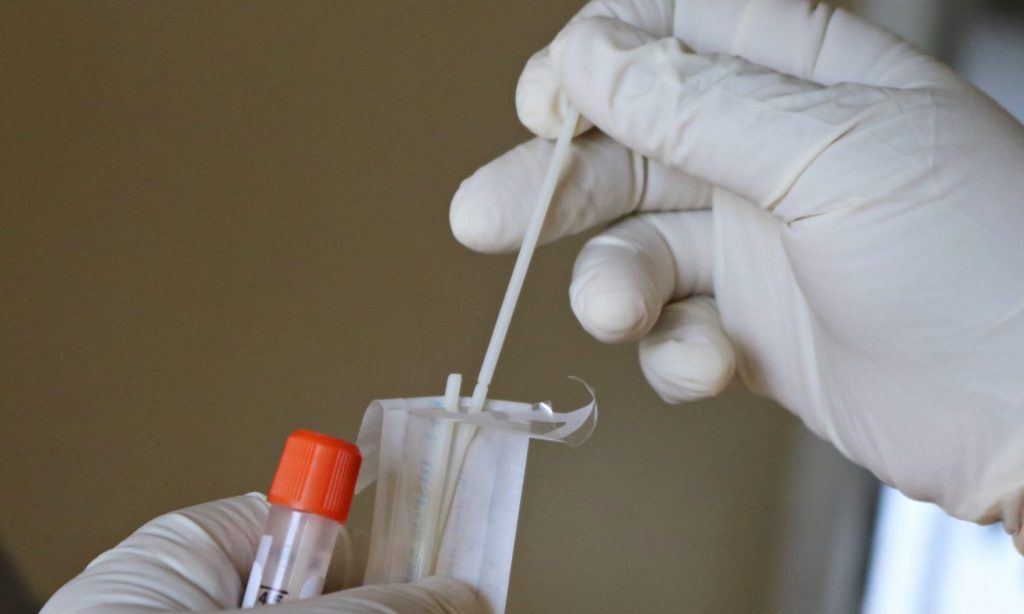New data sheds a light on asymptomatic COVID-19 cases and their impact.
One of the biggest questions scientists have had over the past couple of years is the impact of asymptomatic COVID-19. Are these people spreading the virus without knowing it, contributing to the pandemic?
A new study suggests that over 40% of people who tested positive for COVID-19 were asymptomatic, meaning that they expressed no traditional symptoms of the disease. There are a few caveats, mainly that a lot of asymptomatic people probably never submitted themselves to a COVID-19 test.
RELATED: Should You Get Your COVID-19 Booster If You’re Sick?

The study, published in the JAMA network, showed that asymptomatic cases were more common the younger the patient was. Results show that 60% of people under the age of 20 tested positive while asymptomatic, with this margin reducing as they aged (50% in people 20 to 39; 32% in people 40 to 59; 33% in those over 60).
According to Dr. Alan Wells, who spoke to USA Today and is unrelated to the study, there would be more cases of asymptomatic people if testing were conducted in a more comprehensive way. He also argues that vaccines might also have an influence on these instances, protecting people from more severe cases of the disease and thus stopping symptoms from ever showing up.
These findings indicate a couple of things. Forty-percent of asymptomatic cases is equal to .25% of the tested population, a small margin that suggests that these people aren’t responsible for much spread. Researchers also believe that people who experienced asymptomatic COVID-19 don’t have as much protection as those who experienced the full-blown disease, something that’s worrisome considering the pandemic is very much still around and people could get reinfected.
RELATED: Throughout The Pandemic, This Health Risk Has Been Rising In Americans

While all forms of infections build up the immune system, the easiest and most straightforward way of staying protected would be to get a vaccine or a booster if you’ve had your initial shot over six months ago. The study’s results don’t change much in the grand scheme of things, but they do give researchers (and us) a better understanding of the disease, which is poised to stay around for an indefinite amount of time.


